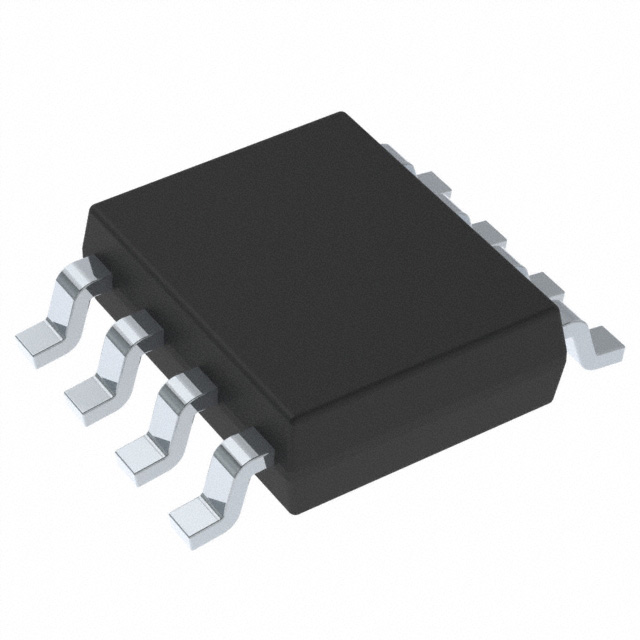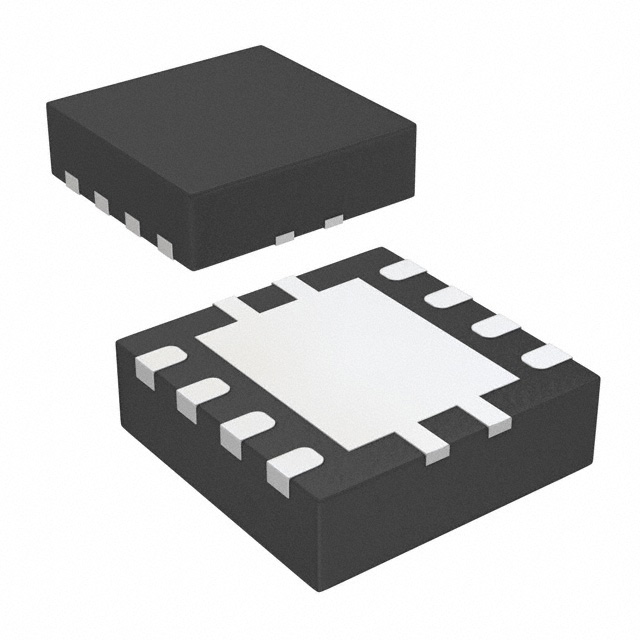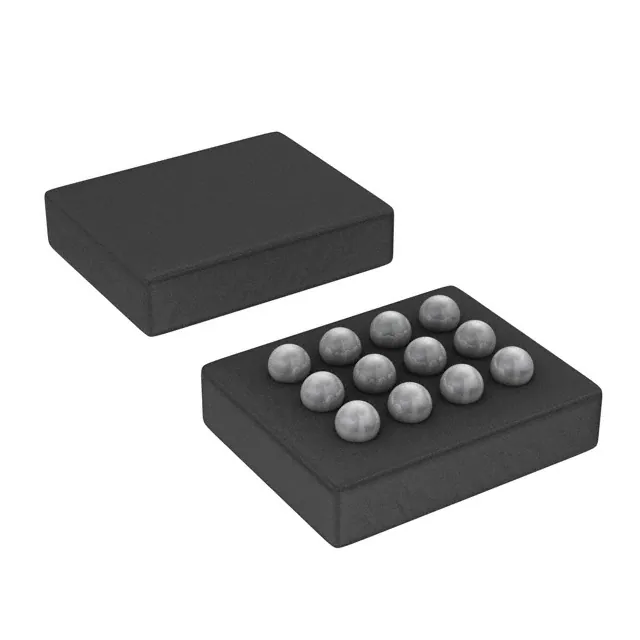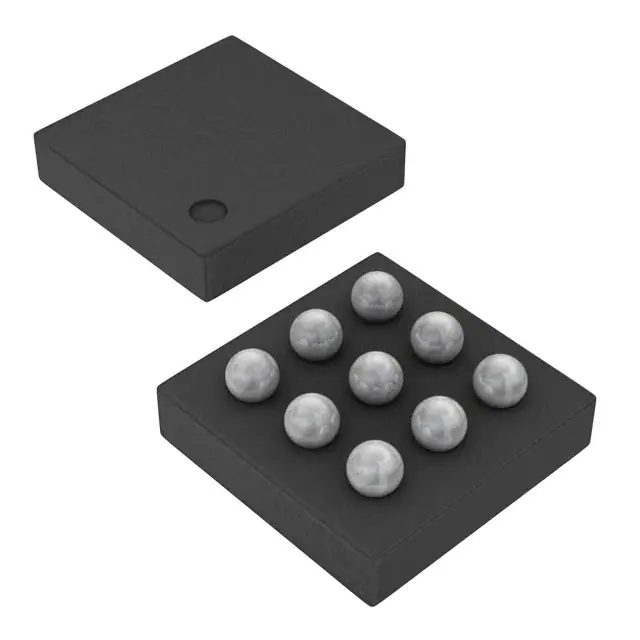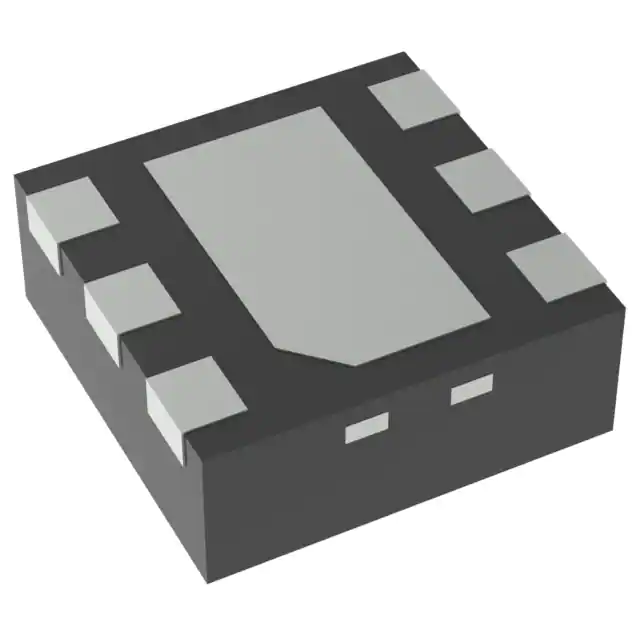Features
1• 4-V to 36-V Input Range
• 3-A Continuous Output Current
• Integrated Synchronous Rectification
• Current-Mode Control
• Minimum Switch On-Time: 60 ns
• Internal Compensation for Ease of Use
• 400-kHz Switching Frequency and Adjustable Frequency Options
• PFM and Forced PWM Mode Options
• Frequency Synchronization to External Clock
• 75-µA Quiescent Current at No Load for PFM Option
• Soft Start into a Prebiased Load
• High Duty-Cycle Operation Supported
• Precision Enable Input
• Output Short-Circuit Protection With Hiccup Mode
• Thermal Protection
• 8-Pin HSOIC with PowerPAD™ Package
• 12-Pin WSON Wettable Flanks Package with PowerPAD™
• Create a Custom Design Using the LMR23625 With the WEBENCH® Power Designer
Applications
• Factory and Building Automation Systems: PLCCPU, HVAC Control, Elevator Control
• GSM, GPRS Modules for Fleet Management,Smart Grids, and Security
• General Purpose Wide VIN Regulation
Description
The LMR23630ADDAR SIMPLE SWITCHER® is an easy-touse 36 V, 3 A synchronous step-down regulator. With a wide input range from 4 V to 36 V, it is suitable for various industrial applications for power conditioning from unregulated sources. Peak-current-mode control is employed to achieve simple control-loop compensation and cycle-by-cycle current limiting.
A quiescent current of 75 μA makes the device suitable for battery-powered systems. An ultra-low 2 μA shutdown current can further prolong battery life. Internal loop compensation means that the user is free from the tedious task of loop compensation
design. This also minimizes the external components.
The device has an option for constant frequency FPWM mode to achieve small output-voltage ripple at light load. An extended family (HSOIC) is available in 1-A (LMR23610) and 2.5-A (LMR23625) load-current options in a pin-to-pin compatible package allowing simple, optimum PCB layout. A precision enable input allows simplification of regulator control and system power sequencing. Protection features include cycleby-cycle current limit, hiccup-mode short-circuit protection, and thermal shutdown due to excessive power dissipation.
Feature
- 4-V to 36-V Input Range
- 3-A Continuous Output Current
- IntegratedSynchronous Rectification
- Current-Mode Control
- Minimum Switch On-Time: 60 ns
- Internal Compensation for Ease of Use
- 400-kHz SwitchingFrequency and Adjustable Frequency Options
- PFM and Forced PWM ModeOptions
- Frequency Synchronization to External Clock
- 75-μAQuiescent Current at No Load for PFM Option
- Soft Start into a PrebiasedLoad
- High Duty-Cycle Operation Supported
- Precision EnableInput
- Output Short-Circuit Protection With Hiccup Mode
- Thermal Protection
- 8-Pin HSOIC with PowerPAD?Package
- 12-Pin WSON Wettable Flanks Package with PowerPAD?
- Create a Custom Design Using the LMR23625 WiththeWEBENCH? Power Designer
All trademarks are the property of their respective owners.
DescriptionThe LMR23630 SIMPLE SWITCHER? is aneasy-to-use 36 V, 3 A synchronous step-down regulator. With a wide input range from 4 V to 36 V, itis suitable for various industrial applications for power conditioning from unregulated sources.Peak-current-mode control is employed to achieve simple control-loop compensation andcycle-by-cycle current limiting. A quiescent current of 75 μA makes the device suitable forbattery-powered systems. An ultra-low 2μA shutdown current can further prolongbattery life. Internal loop compensation means that the user is free from the tedious task of loopcompensation design. This also minimizes the external components. The device has an option forconstant frequency FPWM mode to achieve small output-voltage ripple at light load. An extendedfamily (HSOIC) is available in 1-A (LMR23610) and 2.5-A (LMR23625) load-current options in apin-to-pin compatible package allowing simple, optimum PCB layout. A precision enable input allowssimplification of regulator control and system power sequencing. Protection features includecycle-by-cycle current limit, hiccup-mode short-circuit protection, and thermal shutdown due toexcessive power dissipation.

